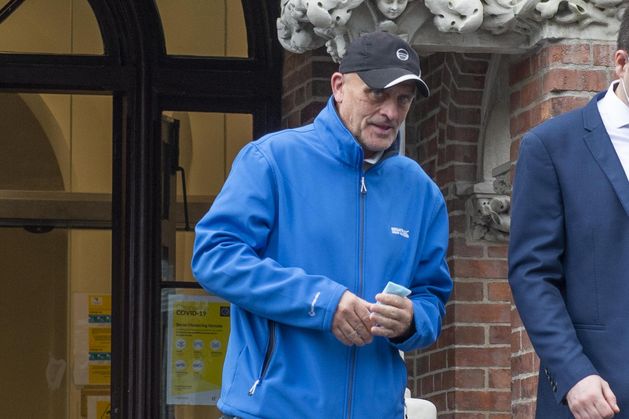
Man admits €1m social welfare fraud after claiming pension payments for dead parents
A MAN has admitted a €1m social welfare fraud conducted over 33 years after claiming pension payments for his deceased parents.
How can this happen? Surely if someone dies, their records in the Department of Social Protection are updated and the dole is then not paid to dead people?